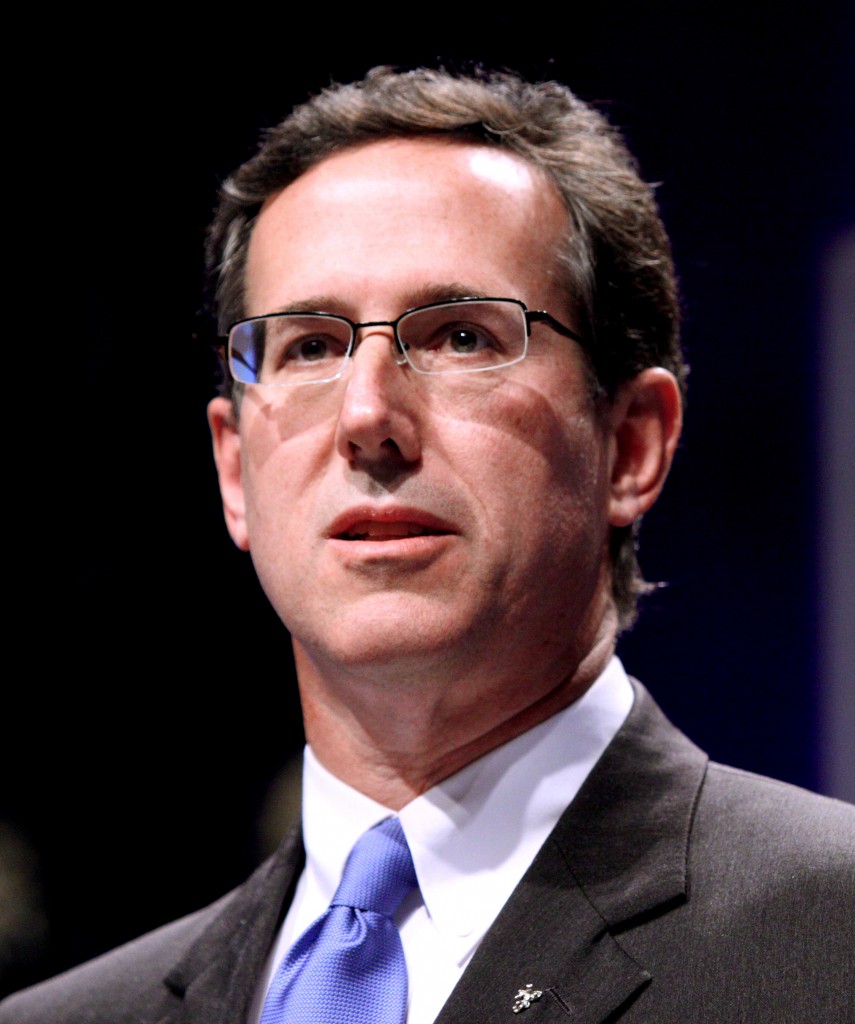Romney Could Face Increased Scrutiny on Social Issues

Rick Santorum’s strong performance in last night’s Iowa caucus prevented Mitt Romney from locking up the Republican nomination, even if eight measly votes kept him from being crowned the outright victor. But what does Santorum’s success say about the next competitive primary state: South Carolina? Although they have their own methodological issues, Iowa entrance poll data provides valuable insight into the minds of social conservatives, a crucial Republican bloc who were largely responsible for Santorum’s success.
According to an entrance poll from the AP and a group of television networks, Santorum was the favored candidate of voters who supported the Tea Party movement (29% compared to only 19% who voted for Romney) as well as born-again or evangelical Christians (32% vs. 14%). Voters who saw abortion as the most important issue were far more likely to throw their lot in with Santorum (58%) than with Romney (7%), although they comprised only 13% of the overall vote. Among voters who found “strong moral character” to be the most important quality in a candidate, Santorum was the clear favorite (40% vs. 11%). But those who prioritized the candidate’s ability to defeat Obama overwhelmingly favored Romney (48% vs. 13%).
These results are telling: as Santorum moves on to New Hampshire and South Carolina, he faces the massive challenge of expanding his campaign past Iowa overnight. He’s highly unlikely to nab the GOP nomination, but his “win” in Iowa signals that social conservatives, white evangelical Protestants, and Tea Party identifiers are still unhappy with Romney. There is a great deal of overlap among these powerful groups (for example, nearly half of Tea Party identifiers are also part of the Christian Right), and they have yet to find a good alternative to Romney.
Even though Baptist preacher Mike Huckabee won the Iowa caucus in 2008, he was ultimately stymied by his inability to appeal to Republicans outside the white evangelical base in states like South Carolina, which Huckabee lost by a slim margin to John McCain, despite strong evangelical turnout. Santorum, who has been polling in the low single digits in South Carolina, could benefit from Rick Perry’s poor performance in Iowa and Michele Bachmann’s withdrawal from the race. But as Amy Sullivan points out for the Atlantic, he’s more likely to make trouble for Romney by highlighting Romney’s weaknesses on troublesome issues like abortion, rather than edging closer to the nomination.
The fact that Santorum was seen to have stronger moral character than Romney, at least among the Iowa crowd, does not bode well for white evangelicals’ enthusiasm in the general election if Romney is the Republican nominee, nor for his overall strength as a candidate. Based on the Iowa results, Romney is perceived by Republican voters as the candidate who is most likely to beat Obama. But with Newt Gingrich preparing to take off the gloves In New Hampshire and Santorum well positioned to compare his own record with Romney on social issues like abortion and same-sex marriage in South Carolina, Romney could be about to undergo the most serious scrutiny of his entire campaign. For the odds-on favorite, January might be an uncomfortable month.

